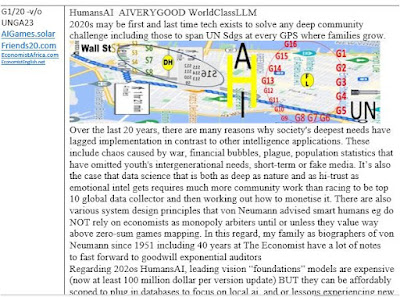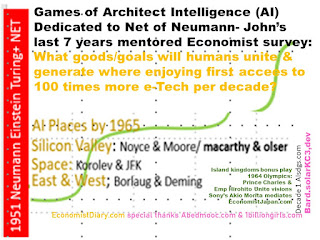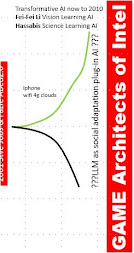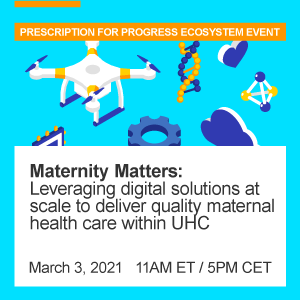Opinion: The untapped role of universities in scaling innovation
By Michael M. Crow // 15 February 2021
As institutions tasked with the specific purpose of generating, synthesizing, and transmitting knowledge, research universities play a unique role in national and global innovation systems. Through new forms of engagement with the broader development community — especially donors and global foundations — innovative universities throughout the world can, and must, work together to co-create solutions to local challenges and scale them up to meet the needs of the world’s most vulnerable.
Donor agencies have long looked to universities for their obvious expertise in higher education; but what has become clearer — especially in the past decade — is that those committed to global development can work alongside higher education institutions in low- and middle-income countries to co-create research-based, socially responsive, and scalable innovations. Global research universities must prioritize engagement and collaboration with universities and stakeholders throughout these countries to help build their capacity to lead in research and innovation-led solutions to solve core societal problems.
Q&A: How COVID-19 can help reshape access to higher education
While COVID-19 has generated the most severe disruption to global education in history, it has also presented new opportunities. Devex spoke to ASU’s vice president of global academic initiatives about how the pandemic is reshaping access to higher education.
Governments and funders — including aid agencies, foundations, and corporations — should support these efforts through strategies and initiatives that fully engage the immense knowledge creation capacity of universities to address poverty reduction, public health, access to education, economic growth, governance, and sustainability.
Scaling solutions through local higher education institutions
Designing solutions that work at social scale requires precise alignment between the vision of innovators and complex real-world demands across many different contexts: local higher education institutions are ideally situated to understand needs and opportunities within their own communities. Although these institutions are closely connected to government ministries and bring expertise across disciplines, they often lack the financial, organizational, and infrastructural capacity for solutions-oriented research that can be translated into impact at the national, regional, and global level.
Many top research universities bring significant assets for strengthening the ability of higher learning institutions in LMICs to meet these demands. Spanning education, research, government, and the private sector, forward-thinking research universities bring vast networks and connectivity to many organizations, and increasingly, their reach extends globally.
The most effective global research universities have designed pathways for moving innovations into society through innovative approaches to research translation, technology transfer, organizational design, and programming. These approaches can be adapted to partner with and strengthen higher education institutions in LMICs.
The role of universities in tackling social challenges
Although universities have been engaged in development implementation for decades, some of their most significant advantages — in comparison to traditional implementers — remain underutilized. First, they are uniquely suited to help institutions in LMICs become more effective, not only in teaching and learning, but also in restructuring research enterprises and mounting effective responses to economic and social needs.
Secondly, they bring experience in translating research into action through partnerships, entrepreneurship, and engagement with communities.
Finally, they can act as enduring partners to local universities and communities long after projects are concluded, creating opportunities for future collaborations, coordinating and enabling access to international resources, and driving equitable knowledge exchange over the long term.
An increasing number of universities throughout high-income countries are already partnering with higher education institutions in LMICs to build capacity to respond to national and regional development challenges. Universities such as Arizona State University and the member institutions of the PLuS Alliance, for example, have not only redesigned their own operations to have a transformative impact on society, but are also committed to working with other universities to design new innovative approaches to meet the needs of the communities and countries they serve.
ASU has partnered with the U.S. Agency for International Development, the Kwame Nkrumah University of Science and Technology, and civil society and private sector partners to strengthen the university’s capacity to support effective supply chains in Ghana and across Africa. Strengthening supply chain knowledge and capacity helps support the massive efforts of governments and communities across health, food security, and economic growth.
ASU is also advancing these partnerships within the framework of “university design” — the application of design principles to the missions, operations, and cultures of higher education institutions to allow them to meaningfully address societal challenges. ASU is catalyzing transformation in global higher education through the University Design Institute, which has already worked with over 60 institutions in 15 countries to co-create locally driven approaches to address development challenges.
Realizing the full potential of universities as development actors requires universities in high-income countries to make bold commitments to global engagement and to intentionally leverage their knowledge and resources to support institutions in emerging countries. Donor organizations and agencies also play a key role in enabling partnerships that foster scalable, local innovation. Through new and expanded opportunities and programs, donors and institutions of higher learning across the world can collaborate to help the universities become leaders in local and regional development.
Catch up on Devex World 2020 conversations and insights.








No comments:
Post a Comment